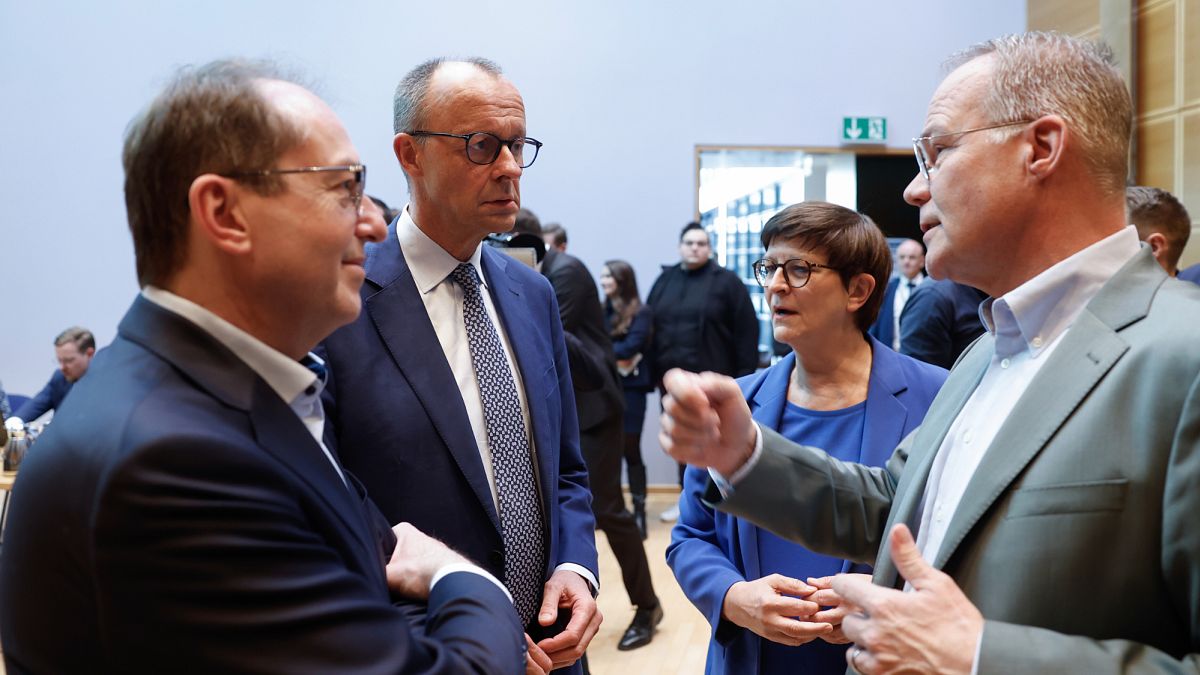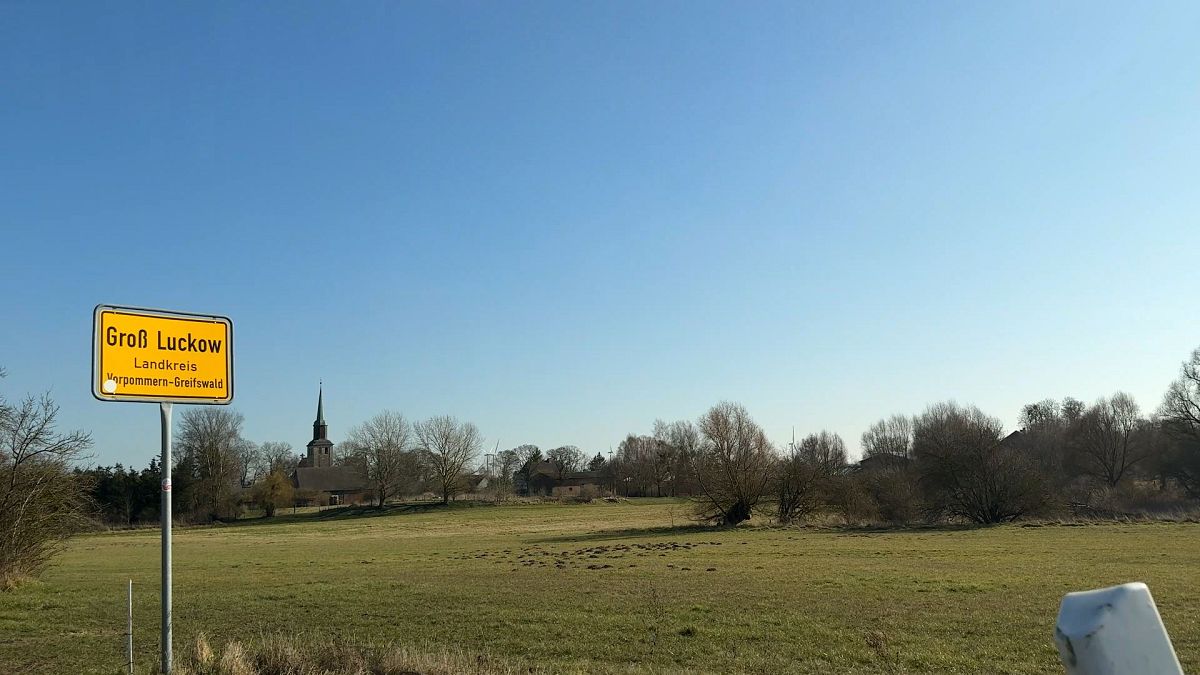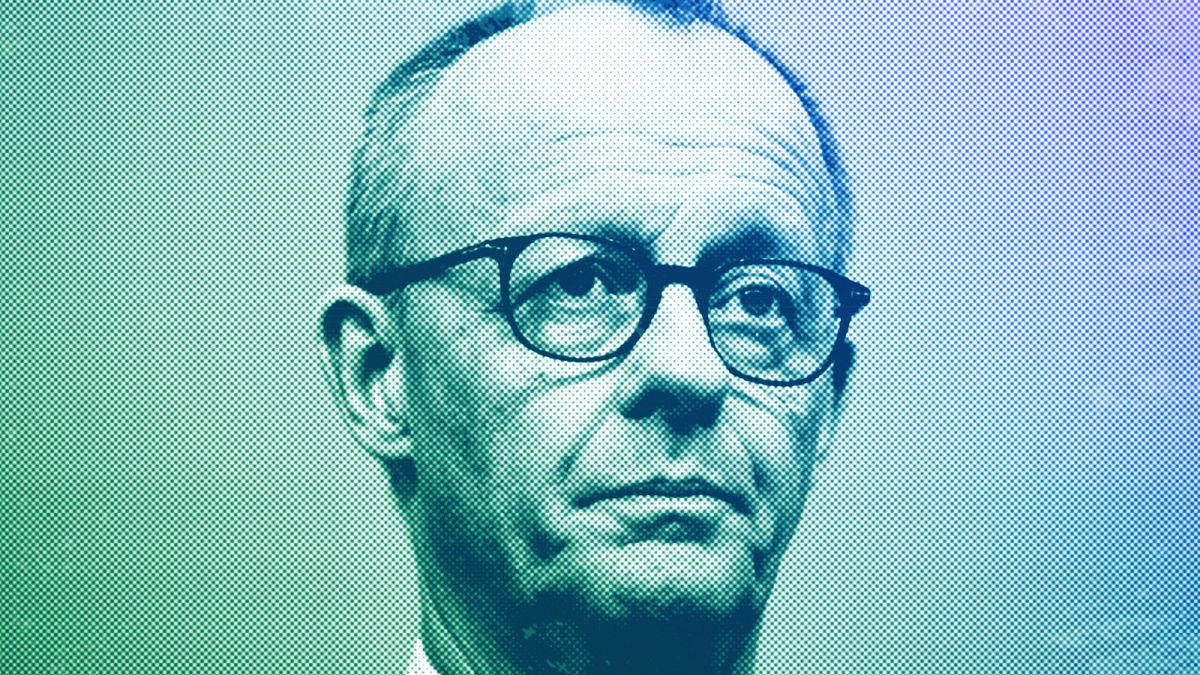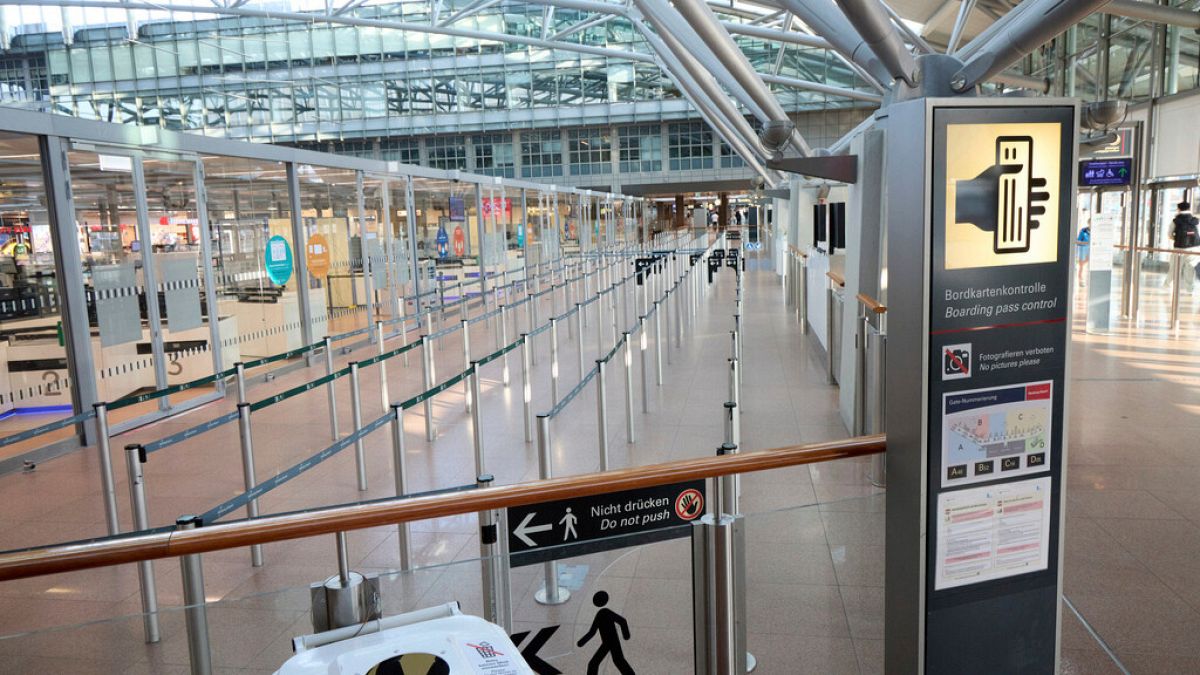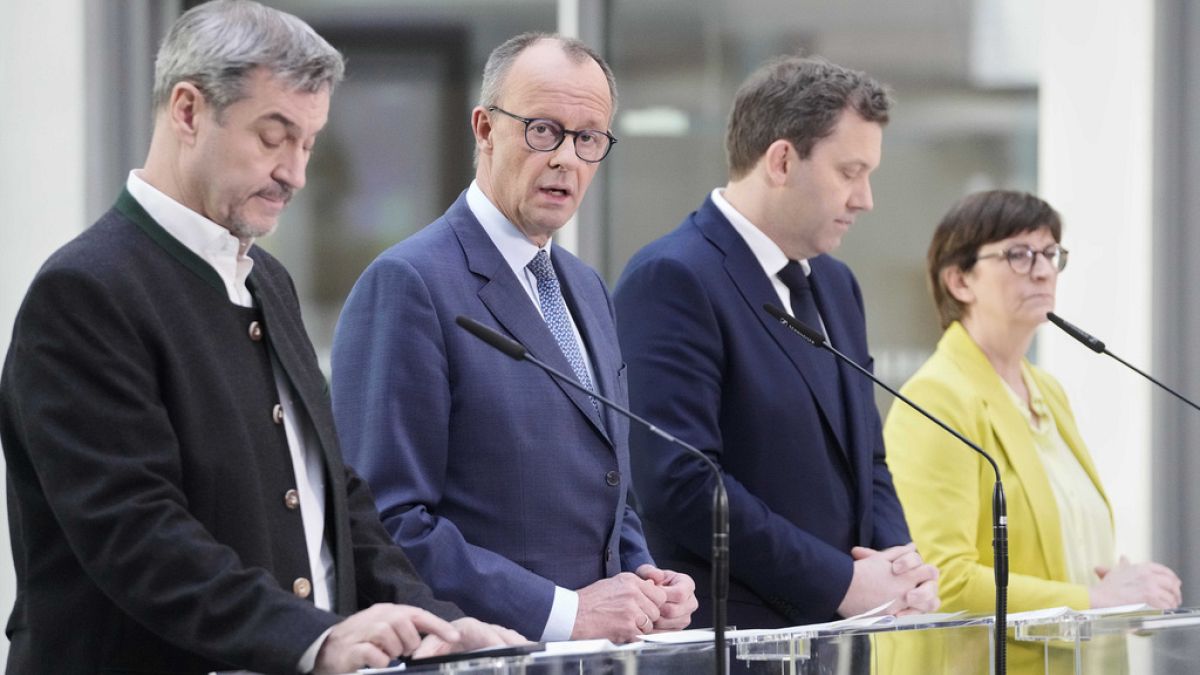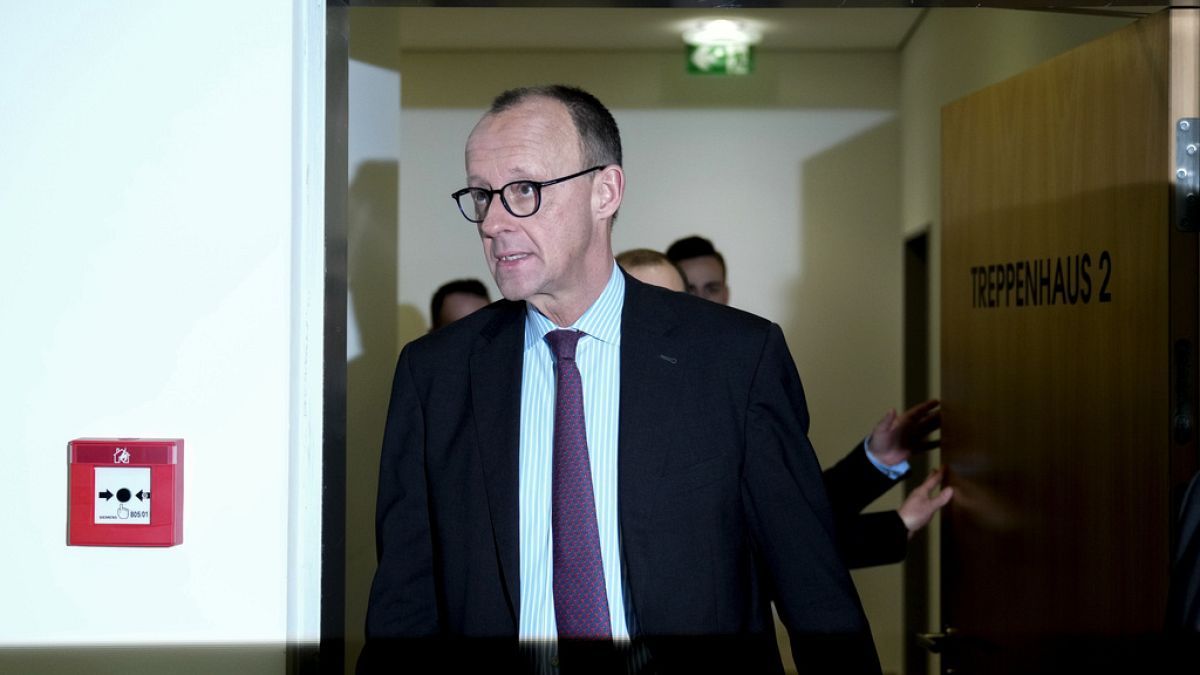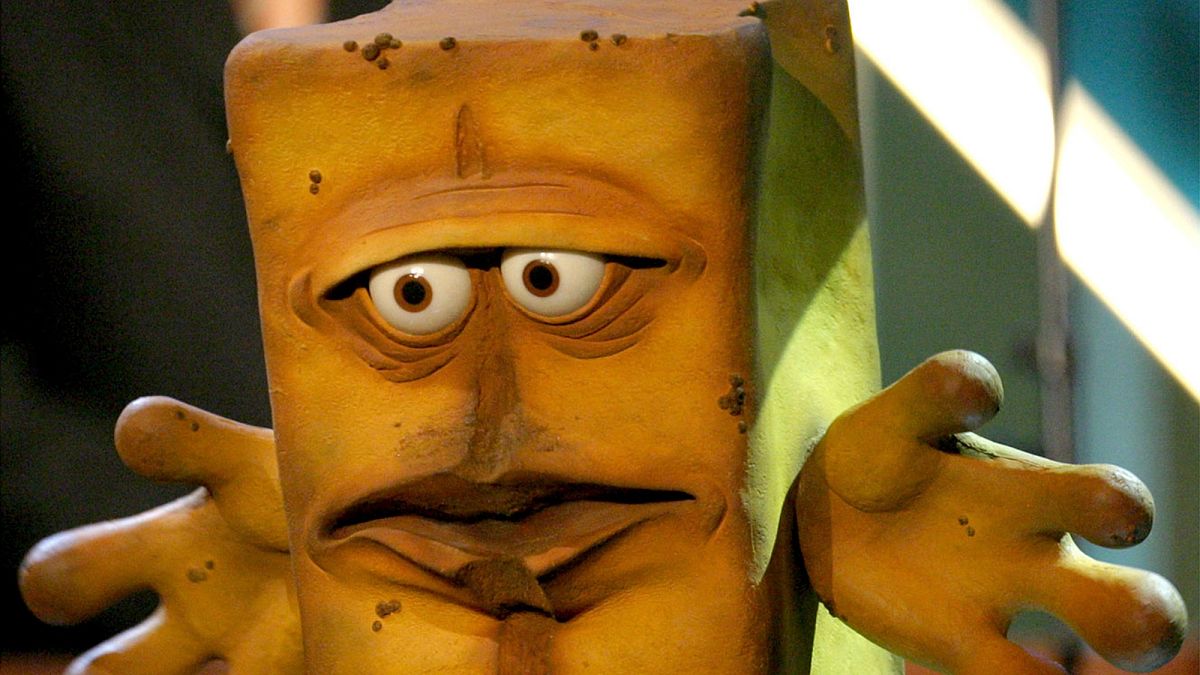Scholz gets SPD’s chancellor candidate nod after weeks of doubt

Germany’s centre-left Social Democracts have chosen to officially nominate current Chancellor Olaf Scholz as their party’s candidate despite his low approval ratings.
Olaf Scholz has been officially nominated by his Social Democratic Party (SPD) as its candidate for German chancellor in snap elections set for 23 February.
The incumbent chancellor’s nomination comes after weeks of tense discussions within the centre-left party over whether he was the right person for the job.
Some members of his party rallied around Defence Minister Boris Pistorius — who enjoys higher approval ratings — as a replacement for Scholz.
On Thursday, Pistorius said he was not “available” to run for chancellor, paving the way for Scholz to be at the top of the party’s ballot.
The SPD’s executive committee officially nominated Scholz on Monday, with Pistorius one of the 33 senior members of the party with the right to vote on the matter.
According to a recent poll by public broadcaster ZDF last week, only 37% of respondents thought Scholz was doing a good job in his current role as chancellor.
A separate survey showed a large majority (78%) thought the SPD would achieve a better result in February’s upcoming election with Pistorius as the candidate for chancellor. Only 11% said they thought the SPD would achieve victory in the election under Scholz.
Internal wrangling
At a meeting of SPD’s official youth branch this weekend, the party’s top was accused of leading the party to a disaster.
Two weeks of internal discussions over who should be the candidate have left their mark, according to younger members of the party.
One of the party’s leaders, Saskia Esken, said at a press conference that the party wasn’t portraying “a good picture in the nomination of our chancellor candidate.”
Scholz’s ruling “streetlight” coalition, which was comprised of the SPD, the Greens, and the liberal Free Democratic Party (FDP), collapsed earlier this month in public fashion after Scholz fired his Finance Minister Christian Lindner, who hails from the liberal centrist FDP.
Lacking a parliamentary majority, Scholz agreed to hold a no-confidence vote on 16 December, with general elections set for 23 February 2025.
Currently, the centre-right Christian Democratic Union (CDU) is leading in the polls with 32%. They have chosen Friedrich Merz as their candidate for chancellor.
The environmentalist Greens party picked Robert Habeck as their top choice, while the far-right Alternative for Germany (AfD) named Alice Weidel, which was the first time the party had nominated an official chancellor candidate.
Source: Euro News


